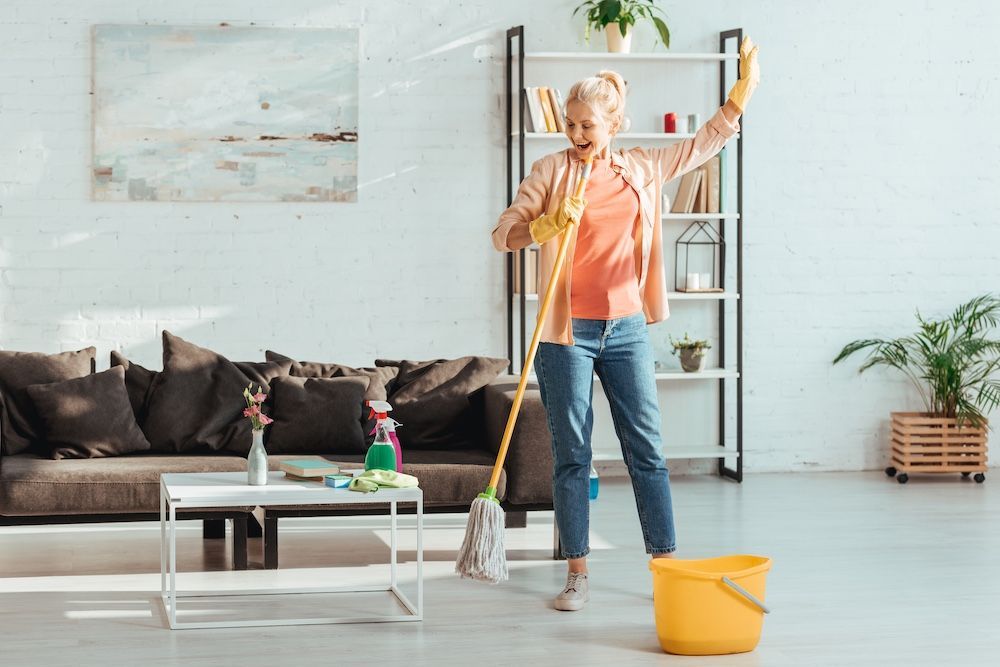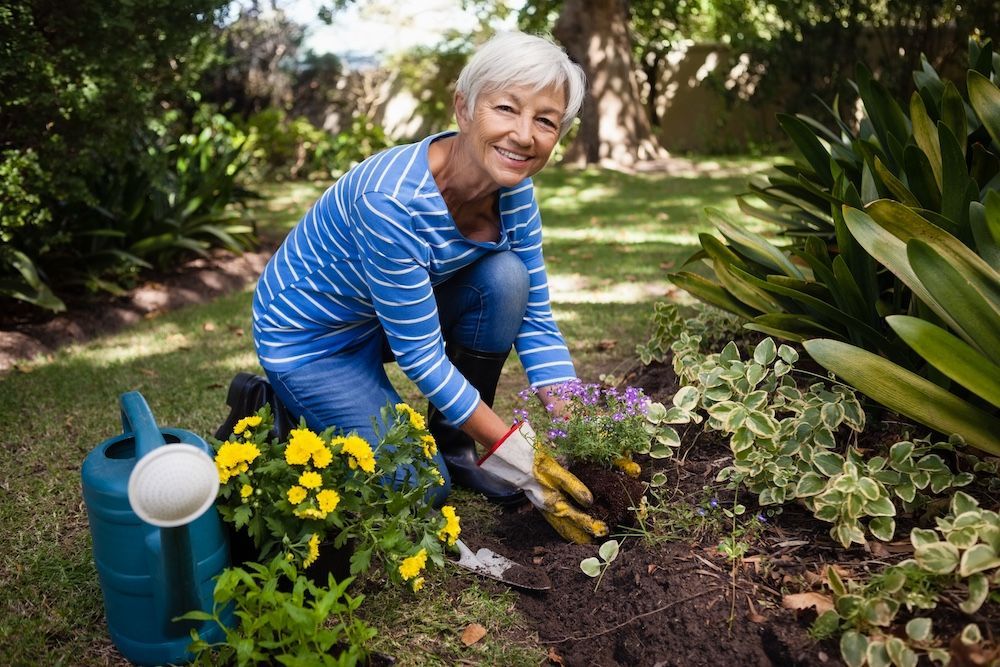Financial Peace of Mind Starts with Your Home Equity
Enjoy Life on Your Terms While Your Home Works for YOU


Hi, I'm Linda Weilert
For over 15 years I've dedicated my career to educating and guiding seniors through the reverse mortgage process. Each and every one of my senior clients holds a special place in my heart.
So many times, I see the joy and relief in their eyes when they realize they are going to be financially ok. It is my passion to help them get to that place.
Who We Help
Seniors

A reverse mortgage is a great retirement tool for seniors ages 62+ to tap into home equity for a better retirement. Click below to learn about our safe, viable and life-changing programs.

If your parent(s) are struggling financially and you aren't in a position to help them, a reverse mortgage may be the relief they need. Learn how adult children are embracing these programs for their parents.
Adult Children
Professionals

Realtors®, Financial Advisors, CPAs, Estate professionals and those working with seniors, we can partner to help your clients live more comfortably during retirement. Click below to learn mor.
A Reverse Mortgage Story
In this short, animated video, meet Mary and her daughter who are concerned about Mary's future and how a reverse mortgage may be the answer.
Benefits of a
Home Equity Conversion Mortgage (HECM)
A Home Equity Conversion Mortgage (HECM) a.ka. reverse mortgage, is an FHA insured mortgage loan which allows eligible seniors 62 and older to utilize their dormant equity to supplement their retirement. Some of the benefits are:
Tax-Free Income*
No Monthly Mortgage Payments
Choose How You Receive Funds
Stay in Your Home
Linda is Recognized as an Industry Expert
As an award-winning loan officer, Linda is highly recognized and applauded in the field of Reverse Mortgages by colleagues, competitors and clients. Below are several articles written about her and her journey.
How This top Originator is Carving out a Niche in a Crowded Housing Market
Carving a Niche: Linda Weilert's Journey in the Mortgage Industry
I Have the BEST Clients!
I have over 285 recommendations on my Reach150 page, and I'm happy to share some of these with you here on my website. Feel free to click through to read more.
What's New in Linda's Blog...
From Linda's Blog





